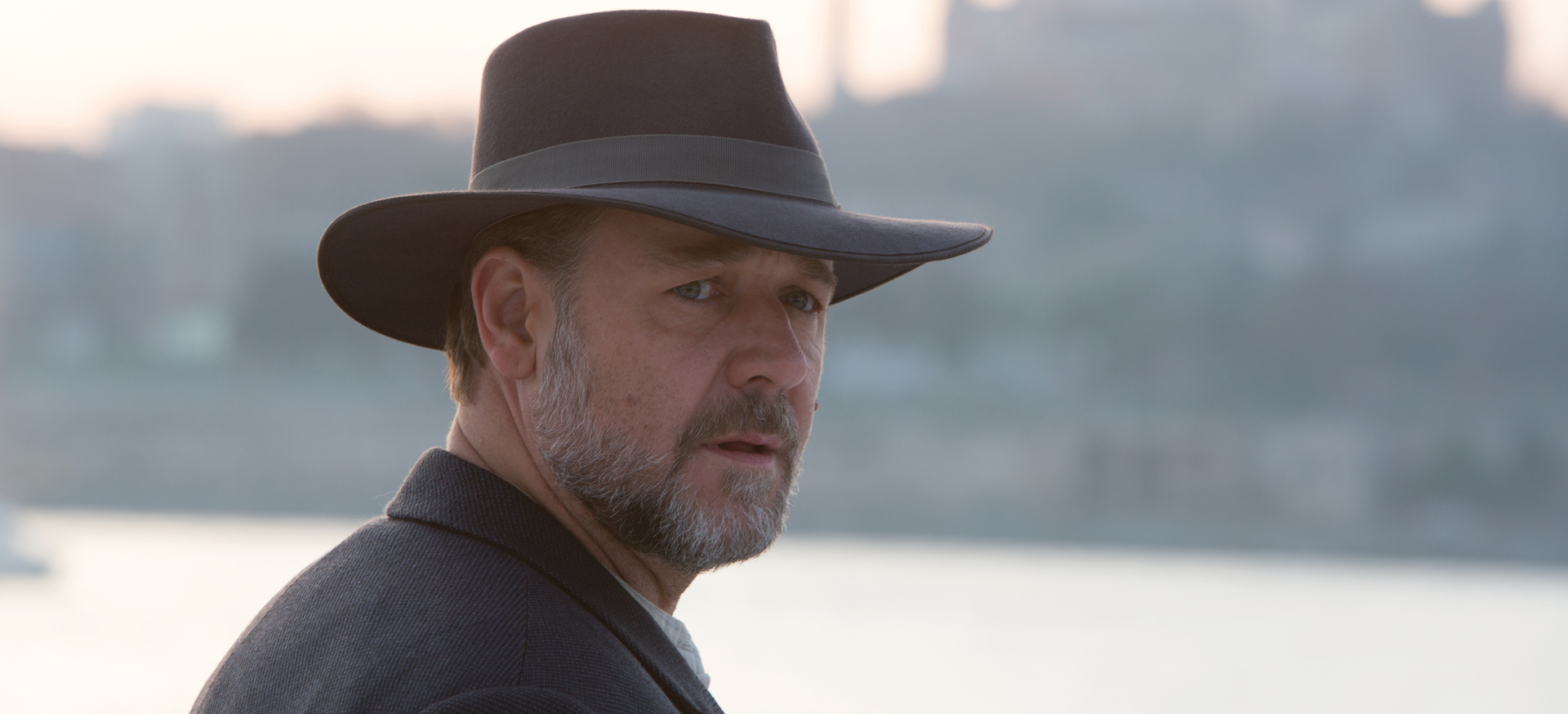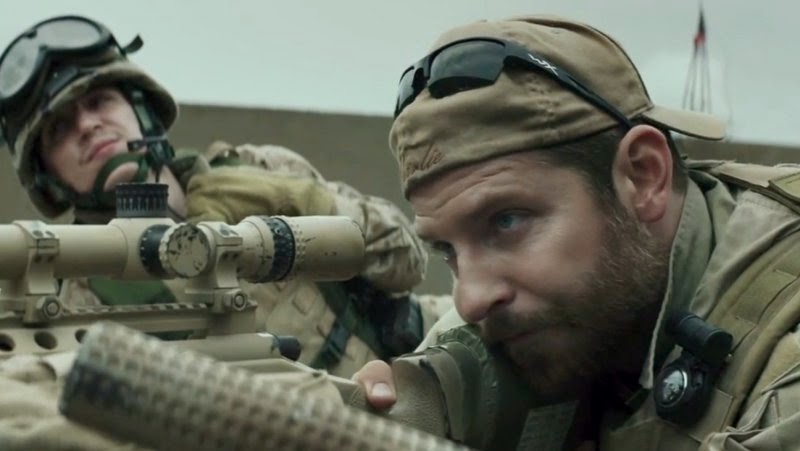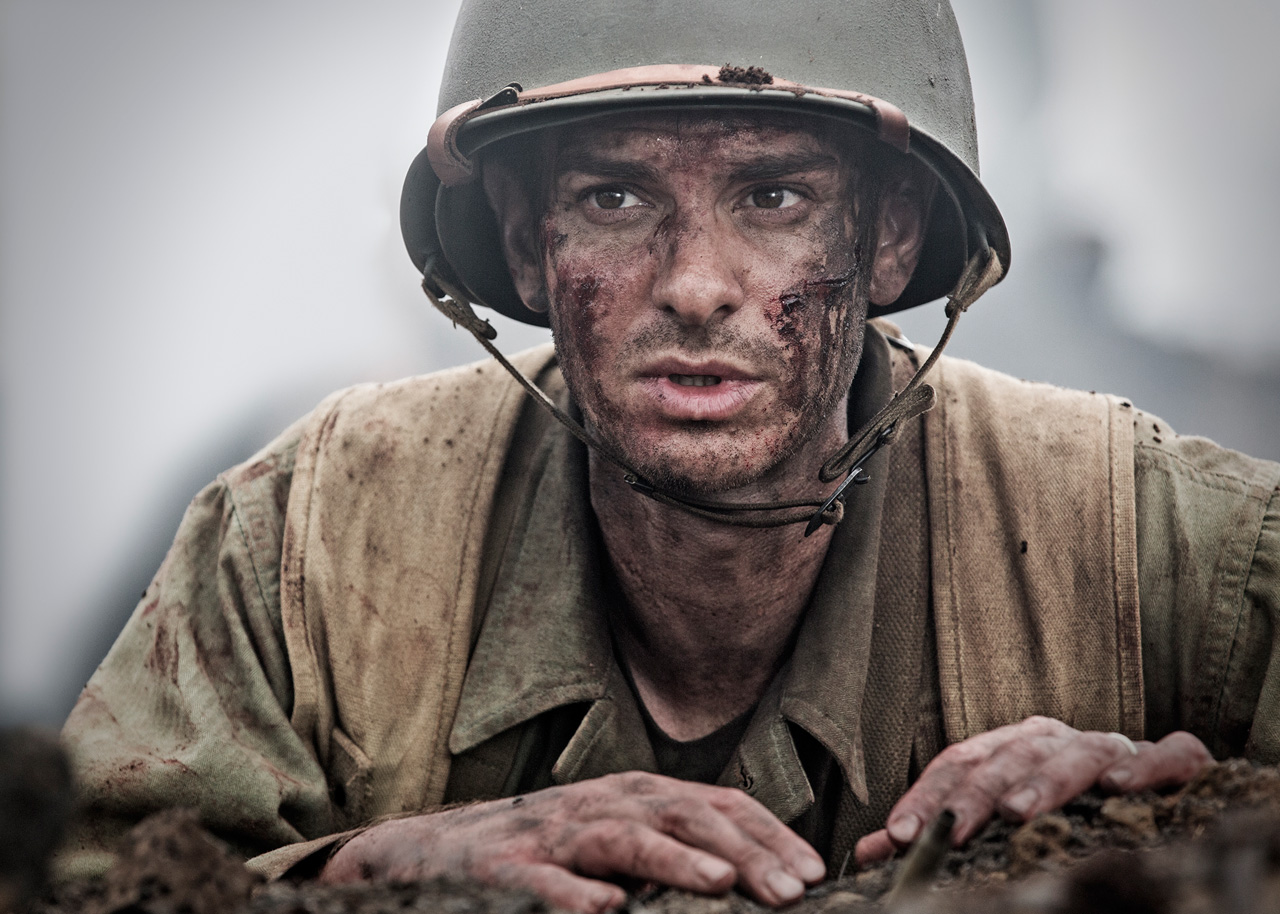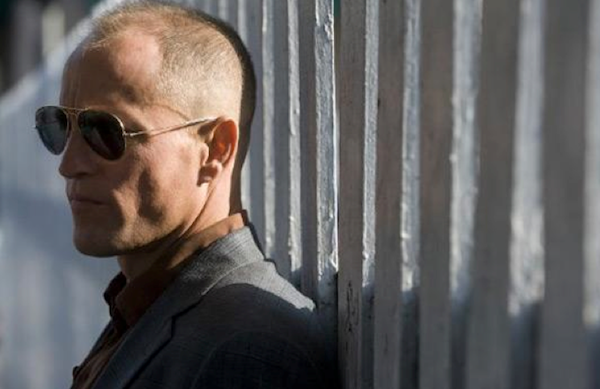Russell Crowe still commands the screen. As his waistline has increased so has his ability to carry material of varying degrees of quality. There are few actors working at his level that can do this and Crowe still possesses the unique ability to elevate otherwise shoddy filmmaking. It’s a shame that in his directorial debut The Water Diviner he couldn’t save himself from…himself. It’s a vicious cycle when you’re responsible for the entire product and while Crowe still manages to elevate what’s on screen he continually undercuts himself behind the camera leaving behind a somewhat admirable, earnest mess.
The Water Diviner is based on a true story of an Australian farmer and his three boys. Crowe plays Connor who, after watching his three sons enlist in the military and ship off to Gallipoli tends to his land searching for new water sources to support his efforts. When the punishing news comes, it’s confirmed that all three sons have been killed on the same day. The news is too much for his deeply religious wife Eliza (Jacqueline McKenzie) to bare. She spends her days begging Connor to find the bodies and bring them home for a proper burial in consecrated ground. Connor knows this is a pipe dream but after Eliza forces his hand by committing suicide (in one of the film’s many scenes that demonstrates Crowe’s remaining power as an actor) he decides to fulfill her wish.
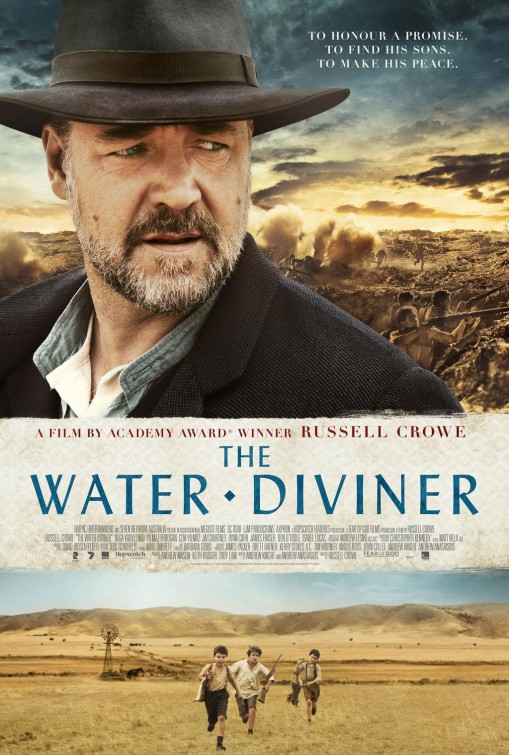 Although the war has ended Australia continued to have a large presence in Turkey after Gallipoli. Crowe does a nice job of distilling the national angst about occupation by bringing the focus to a personal level. Upon his arrival a boy steals his bag in the street. Connor chases the boy only to be led to an extremely charming hotel run by the boy’s mother Ayshe (Olga Kurylenko) and Uncle. Connor takes up residence as he plots his trip across the country to his sons resting place. This is the exact moment when Crowe’s vision becomes inevitable and familiar. His hardened exterior is slowly worn down by the boy and his mother. Ayshe resents Connor’s presence but slowly comes to appreciate his warmth. Still, I admired the earnest tone Crowe cultivates in these early scenes. It’s the equivalent of a high school girl’s diary, complete with the soft lighting we can only hope everyone sees us in.
Although the war has ended Australia continued to have a large presence in Turkey after Gallipoli. Crowe does a nice job of distilling the national angst about occupation by bringing the focus to a personal level. Upon his arrival a boy steals his bag in the street. Connor chases the boy only to be led to an extremely charming hotel run by the boy’s mother Ayshe (Olga Kurylenko) and Uncle. Connor takes up residence as he plots his trip across the country to his sons resting place. This is the exact moment when Crowe’s vision becomes inevitable and familiar. His hardened exterior is slowly worn down by the boy and his mother. Ayshe resents Connor’s presence but slowly comes to appreciate his warmth. Still, I admired the earnest tone Crowe cultivates in these early scenes. It’s the equivalent of a high school girl’s diary, complete with the soft lighting we can only hope everyone sees us in.
When Connor finally ventures to Gallipoli he is befriended by Major Hasan (Yilmaz Erdogan) and Lt-Col Cyril Hughes (Jai Courtney and a GREAT mustache) who are working together to clean up and account for the death and destruction that preceded them. Hasan and Hughes agree to help Connor find his boys and bring them home?
Sound dense? This movie isn’t even 2 hours long and I can’t even attempt to distill the third act for this review. Normally I’m all in for a short romp through WWI-era battlefields but Crowe could’ve used another hour to do this miraculous story justice. Couple it with the fact that he is a sporadically interesting cinematographer and horrifyingly bad editor and this film’s problems begin to compound quickly. For as reassuring a presence Crowe is to watch he struggles to find a consistent tone. He swings wildly from Shakesperian-tragedy to light-hearted romance to heavy, intense battle scenes. Some of it works, most of it doesn’t.
This is all a shame because as poor a technical filmmaker Crowe proves to be in his first attempt I thought he coaxed genuine, moving performances from his cast. From Jai Courtney (last seen slumming it as the new Hollywood meathead in the Divergent-series) to Olga Kurylenko (former Bond-girl in Quantum of Solace) to Yilmaz Erdogan with his warmth and humanity as Major Hasan. And for all his inconsistencies we still have Crowe the actor. He’s a rare movie star with a depth and stillness that is natural and effortless. It’s those qualities that nearly save The Water Diviner from the Crowe we can’t see – the man behind the camera whose lofty ambitions outweigh his technique.
The Water Diviner Opens in Seattle Friday

